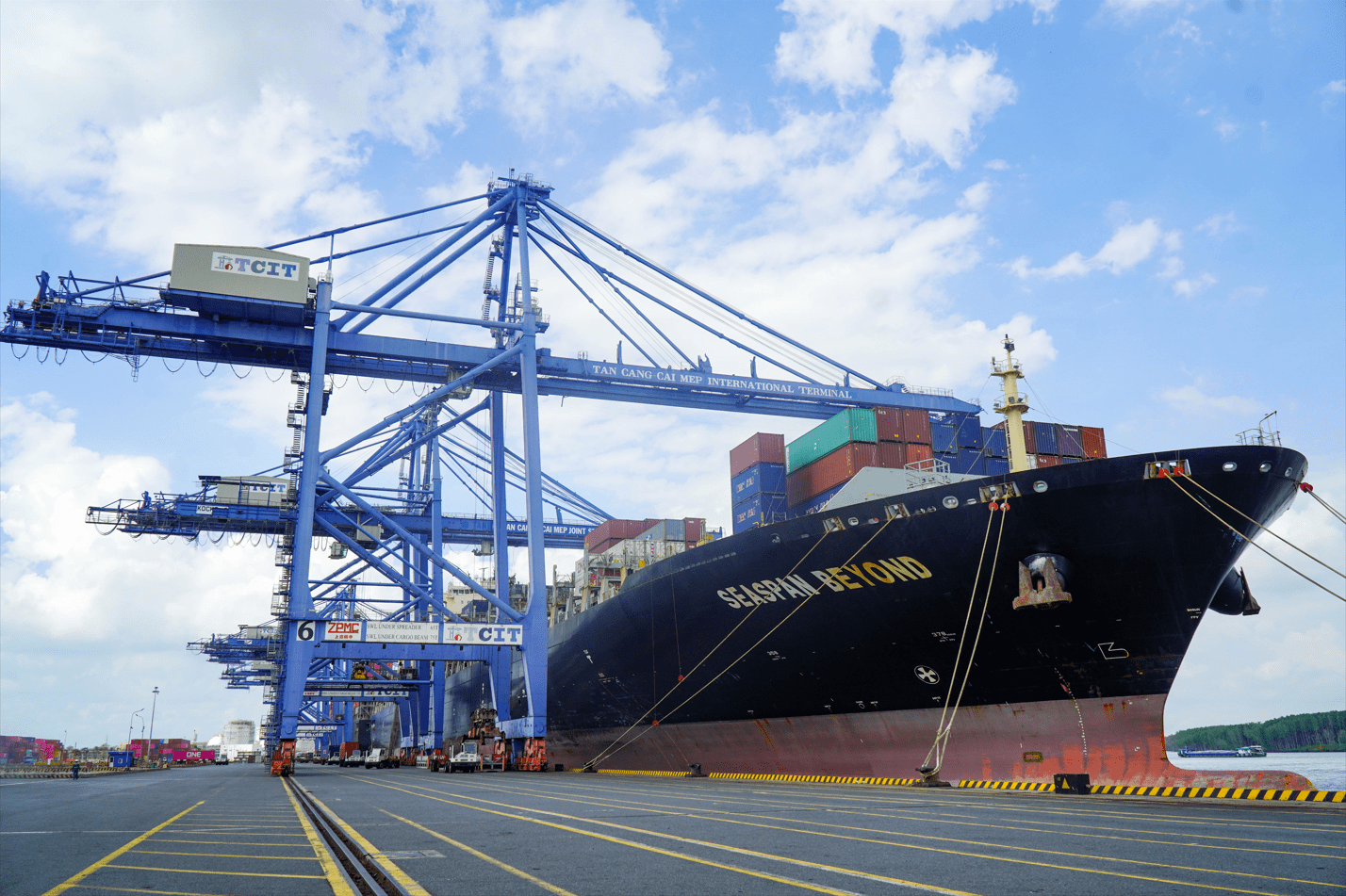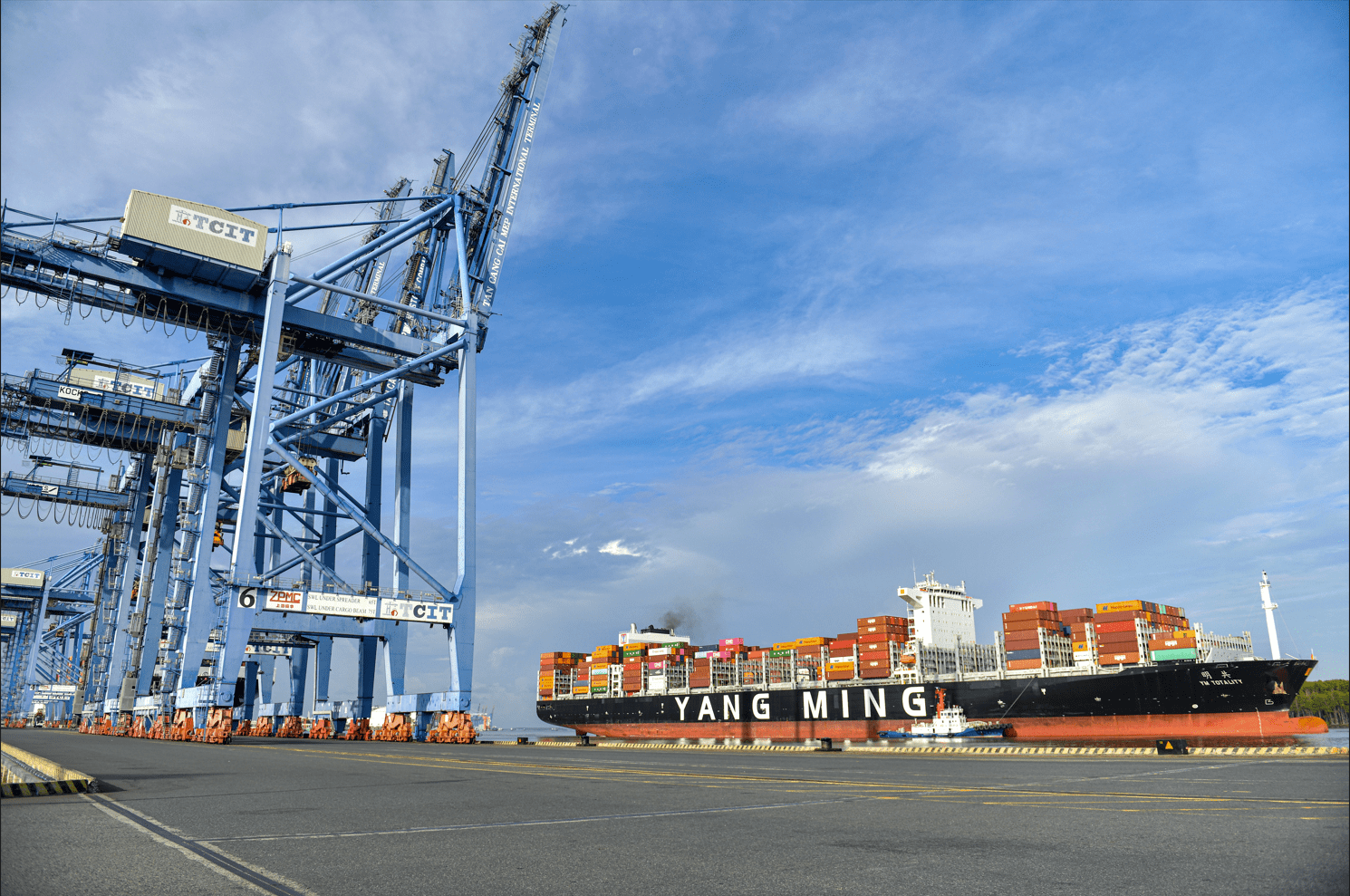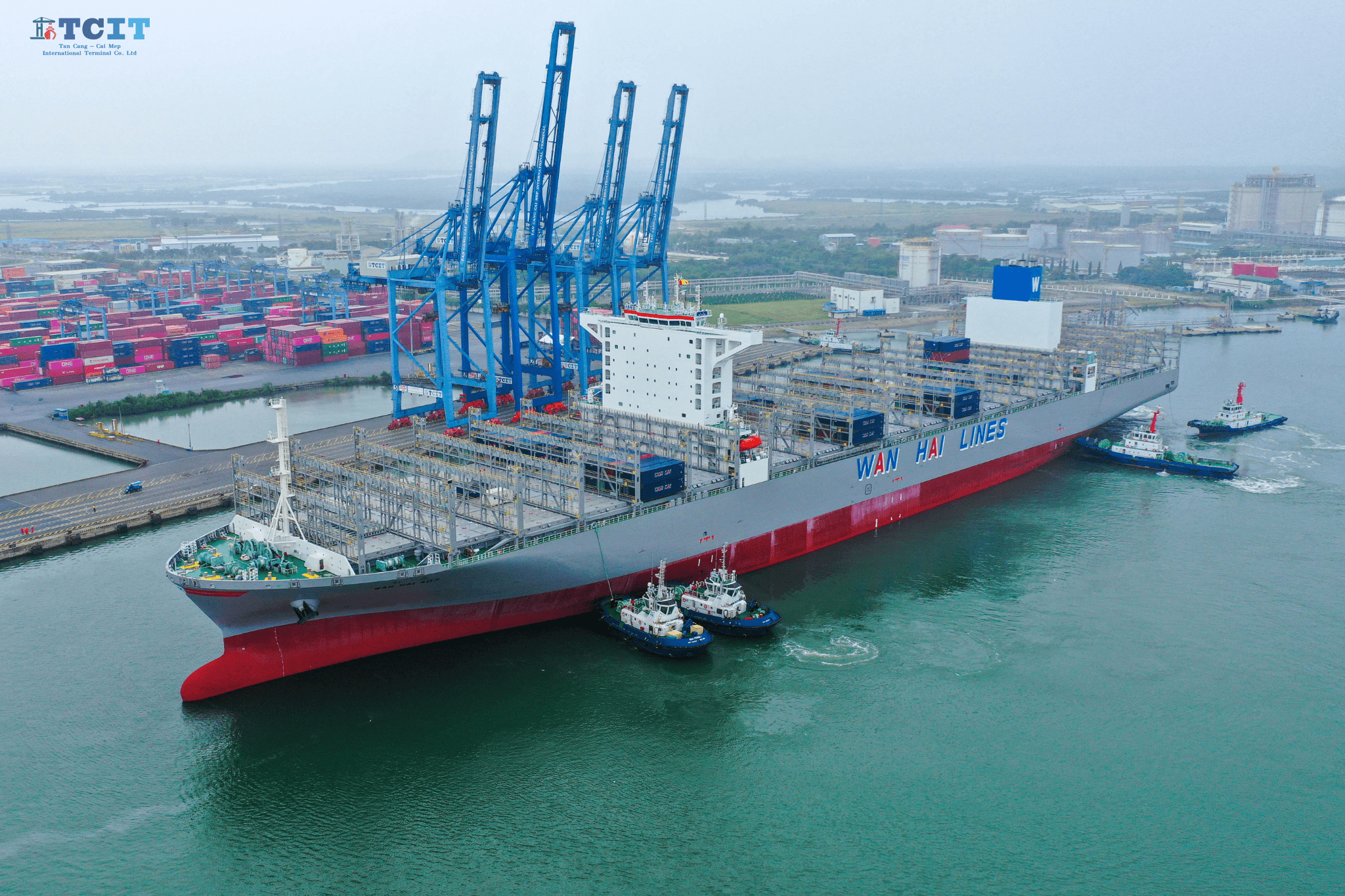US: Firms Given Time to Wind Down Business with COSCO Units
The U.S. Treasury Department has issued an almost two-month waiver providing companies that deal with COSCO units time to wind down their transactions.
The waiver, issues on October 24, allows “maintenance or wind down of transactions” and is valid until December 20. This includes offloading non-Iranian crude oil involving COSCO Shipping Tanker (Dalian) Co. Ltd, according to a notice from the department’s Office of Foreign Assets Control.
The Treasury Department said that the waiver applies to COSCO Shipping Tanker (Dalian) or any entity owned 50% or more by the company. The waiver does not authorize any transactions or activities with COSCO Shipping Tanker (Dalian) Seaman and Ship Management Co, Ltd.
In late September, the Trump administration blacklisted a total of six Chinese companies, among which were COSCO subsidiaries, over alleged breaches of the country’s sanctions on Iran.
COSCO Shipping Tanker (Dalian) Co. and COSCO Shipping Tanker (Dalian) Seaman & Ship Management Co. were determined by the Secretary of State to meet the criteria for the imposition of sanctions. The sanctions apply only to the listed entities and not to these entities’ ultimate parent, COSCO Shipping Corporation Ltd. (COSCO), the authorities earlier explained.
Other companies blacklisted on September 25 include Kunlun Holding Company, Kunlun Shipping Company Limited, China Concord Petroleum, and Pegasus 88 Limited.
OOIL Wraps Up Long Beach Container Terminal Sale
COSCO-owned Orient Overseas (International) Limited (OOIL) has completed the sale of the Long Beach container terminal in California to a consortium led by Macquarie Infrastructure Partners (MIP).
The process was completed on October 24, the shipping line said in a Hong Kong stock exchange announcement.
As previously outlined, 100% of shares of LBCT LLC, the operator of the terminal in California, United States, were sold to MIP for USD 1.78 billion.
The sale was launched following the National Security Agreement entered into by OOIL, Faulkner Global Holdings Limited, a subsidiary of COSCO SHIPPING Holdings, the U.S. Department of Homeland Security and the U.S. Department of Justice on July 6, 2018, under which OOIL committed to divest its ownership of the Long Beach Container Terminal business.
The terminal divestment was undertaken by COSCO as part of its USD 6.3 billion takeover of Orient Overseas International Limited (OOIL). U.S. regulators required the concession in order to clear the merger.
As part of the deal, OOIL’s Orient Overseas Container Line would sign a 20-year container stevedoring and terminal services contract.
The Long Beach container terminal has 4200’ feet (1,280 meters) of wharf line and the deepest dredged dockside of any U.S. Pacific Coast port. Pier E at the terminal will eventually run 14 ship to shore cranes, 5 intermodal cranes, and 70 yard gantry cranes.
Alphaliner: Containership Fleet Capacity Hits 23 Mn TEU Mark
The total capacity of the world’s cellular containership fleet has passed the 23 million TEU mark following the delivery of two more Pegasus class vessels to MSC in September, according to Alphaliner.
Handed over on September 11, the two 23,000+ TEU megamax ships joined the carrier on the 2M’s Far East – Europe network. The last million TEU milestone had been recorded in July 2018, when the global box fleet surpassed 22 million TEUs.
“Growth of the cellular fleet has remained steady at around 4% since May, with deliveries of new containerships adding 826,000 TEU to the overall fleet so far this year. In contrast, scrapping has remained low with only 165,000 teu removed from the fleet since January,” Alphaliner informed.
“A strong charter market gives owners little incentive to recycle ships, and several vessels that were initially bound for the breaking yards are now being kept in active service.”
Furthermore, Alphaliner expects the low scrapping rate to persist for the remainder of the year, lowering its full-year ship recycling estimate for 2019 from 350,000 to less than 250,000 TEU.
Current charter rates have increased 30% over the same period of last year, particularly for larger ships. In the size classes above 5,000 TEU “rates have more than doubled, compared to one year ago.”
Some of the demand increase recorded since June is related to vessel downtime from scrubber installations, Alphaliner said, adding that a total of 44 ships with a overall capacity of 465,000 TEU are currently undergoing retrofit work at various shipyards.
CargoSmart: Schedule Reliability Rises in Q3 2019
The overall ocean schedule reliability for the third quarter of 2019 was 75.7%, slightly higher than in the second quarter of the year, according to intelligence provider CargoSmart.
The peak of on-time schedule reliability was 80.2% in July 2019. It then dropped to 73.8% in August and remained at a similar level at 73.1% in September 2019.
Comparing 2019 and 2018, the monthly reliability was higher and fluctuated less in the third quarter of 2019 compared to the same period a year earlier.
When looking at the schedule reliability on 25 trade lanes, CargoSmart said that Intra Middle East, Europe-Middle East, and Intra South America had the highest schedule reliability in the quarter, with average reliability of 93.1%, 89.1%, and 88.6% respectively.
When comparing the schedule reliability to the second quarter of the year, 13 of the 25 trade lanes decreased. The Intra Europe, Europe-Middle East, and Intra North America had the biggest increases, while Africa-North America, Africa-Middle East, and North America-Oceania dropped the most with Intra Africa continuing to have the lowest quarterly reliability.
IMO 2020: Hapag-Lloyd Implements New Charge to Cope with Additional Costs
German shipping major Hapag-Lloyd has revealed plans to introduce an IMO 2020 Transition Charge (ITC) for short-term contracts as of December 1, 2019.
As explained, the move comes in an effort for the company to mitigate fuel price volatility and transitional operational expenses.
The introduction of the International Maritime Organization (IMO) 2020 sulphur cap as of January 1, 2020 marks a milestone for the shipping industry to reduce marine pollution and become more sustainable.
Specifically, the limit for sulphur in fuel oil used on board ships operating outside designated emission control areas will be reduced to 0.50% from current 3.5%. This would result in a drop in overal SOx emissions from ships.
“Switching from high-sulphur fuels to the new low-sulphur fuel will inevitably result in higher fuel prices in the short term. Volatility is also expected to increase, particularly during the transition period,” Rolf Habben Jansen, Chief Executive Officer of Hapag-Lloyd, said.
“Given these circumstances, we will implement the ITC to cope with the additional costs as well as to have a sustainable and transparent method of pricing our services,” he added.
According to Hapag-Lloyd, the ITC applies to freight of all kinds cargo and spot business with a validity of up to three months. Tender business will not be affected by the ITC.
With a fleet of 237 containerships and a total transport capacity of 1.7 million TEU, Hapag-Lloyd is one of the world’s largest liner shipping companies.
Beijing approves shipbuilding merger between CSSC and CSIC
China’s State Council has approved the merger country’s two largest shipbuilders, China State Shipbuilding Corporation (CSSC) and China Shipbuilding Industry Corporation (CSIC).
With approval of the merger the Chinese Communist Party announced the top management team of the new shipbuilding group with Lei Fanpei, former chairman and party secretary of CSSC appointed as the chairman and party secretary of the merged entity.
Yang Jincheng, former general manager and deputy party secretary of CSSC was appointed as the general manager and deputy party secretary; and Wu Yongjie, former general manager and deputy party secretary of CSIC was appointed as the director and deputy party secretary of the new group.
In July this year, CSSC and CSIC confirmed the long-rumored merger in a stock exchange filings. The two had been undergoing a series of management changes and assets restructuring in recent which were thought to be the preparations for the final merger.
The two companies were part of one group until 1999 when they were separated into two. CSSC covers business in South China while CSIC covers business in north China.
KMTC and Wan Hai launch new CKI service
Wan Hai Lines is pleased to announce the launch of Korea- China- Indonesia- Vietnam “CKI” service on October 31st, 2019. This new service will help to expand Wan Hai Lines network by providing a new direct service between South Korea, East China and South East Asia region.
CKI service will be jointly operated with KOREA MARINE TRANSPORT CO., LTD. (KMTC) by using 4 vessels in 2,500 TEU nominal size. Wan Hai Lines will deploy 1 vessel and KMTC will deploy 3 vessels. CKI’s maiden voyage for Wan Hai Lines
will commence from Pusan port on October 31st, 2019.
The service rotation covers: Pusan – Kwangyang – Shanghai – Ningbo – Jakarta – Surabaya – Ho Chi Minh(Cat Lai) –Shanghai – Pusan.
MSC joins major lines in rejecting the use of Arctic routes
Mediterranean Shipping Company (MSC) has joined two other major lines, CMA CGM and Hapag Lloyd, in saying no to the use of the Arctic route as a new short cut between northern Europe and Asia.
Labelled the Northern Sea Route (NSR), the passage lies entirely in Arctic waters and has been trialed by other shipping lines seeking to take advantage of melting ice from global warming.
MSC said it is convinced that the 21 million containers moved each year for its customers can be transported around the world without passing through this Arctic corridor. The company affirmed that it will not explore or use the NSR between Europe and Asia for container shipping.
“As a responsible company with a longstanding nautical heritage and passion for the sea, MSC finds the disappearance of Arctic ice to be profoundly disturbing. Every drop in the oceans is precious and our industry should focus its efforts on limiting environmental emissions and protecting the marine environment across existing trade routes,” said Diego Aponte, president and ceo of MSC Group.
A surge in container shipping traffic in the Arctic could damage air quality and endanger the biodiversity of untouched marine habitats – a risk MSC said it is not willing to take.
In August this year, CMA CGM chief executive Rodolphe Saade had said his company’s containerships will not use the NSR.
CMA CGM stated that “we do not see the NSR as a commercial alternative to our existing network, which is defined by our customers’ demand, trading patterns and population centers.”
At present, the NSR is open without icebreaker escort for about three to four months a year. According to Maersk Line, it is not served by any transoceanic container services and is not presently considered competitive for this purpose.
Hapag Lloyd has also urged shipping companies to take a long and hard look at whether the time one might save from the shorter distances offered by using the NSR would result in genuine economic benefits, especially when taking into account the draughts of larger ships or the fact that ships would likely need to have the appropriate ice classes.
Jorg Erdmann, senior director sustainability at Hapag Lloyd, said Hapag Lloyd does not use the NSR as shipping routes right now, nor are there any plans to do so in the future.
Erdmann pointed out that the particles produced by the combustion of carbon-based fossil and fuels contribute to global warming, which can in turn harm ecosystems. And as long as there are not guarantees that these passages can be navigated without negatively impacting the environment, using them is “out of the question” for Hapag Lloyd.
MSC said its decision to avoid the NSR is complementary to the company’s broader strategic approach to sustainability. The company has completed a program to retrofit more than 250 ships in its existing fleet with the latest green technologies, cutting about two million tonnes of CO2 emissions each year.
The fleet improvement program of MSC has resulted in a 13% reduction in CO2 emissions per transport work in 2015-18,and will help the container shipping industry make progress towards the IMO’s 2030 CO2 targets.
CMA CGM offers new financing solutions for shippers
French carrier CMA CGM has announced its new offering of financing solutions dedicated to importers and exporters, in partnership with global invoice finance platform Incomlend.
Named Shipfin Trade Finance, CMA CGM said it can offer all its customers, importers and exporters a range of simple and rapid financial services to consolidate and support their international growth.
The Shipfin Trade Finance range is based on two initial products: supply chain financing and cargo financing.
With supply chain financing, the solution is dedicated to importers who wish to free up their working capital while stabilising their supplier relations. Some of the benefits include extension of payment deadlines by up to 120 days and optimising payment tracking by finding all documents in one place.
And with cargo financing, the solution is intended for exporters who wish to improve their working capital and ensure the growth of their business. Some of the advantages include maintaining cash position by receiving payment as soon as goods are loaded for up to 90% of the value of the invoice, simplifying multi-currency exchanges and invoice collection process, and optimising tracking of all invoices in one place.
“By launching Shipfin, the CMA CGM Group goes even further in the customer relationship. We draw on more than 40 years of experience acquired at the heart of international trade to offer innovative, simple and relevant solutions beyond shipping to support our customers’ international development,” commented Mathieu Friedberg, senior vice president – commercial agencies network, CMA CGM Group.
(Source: World maritime news; Seatrade maritime; American Shipper)
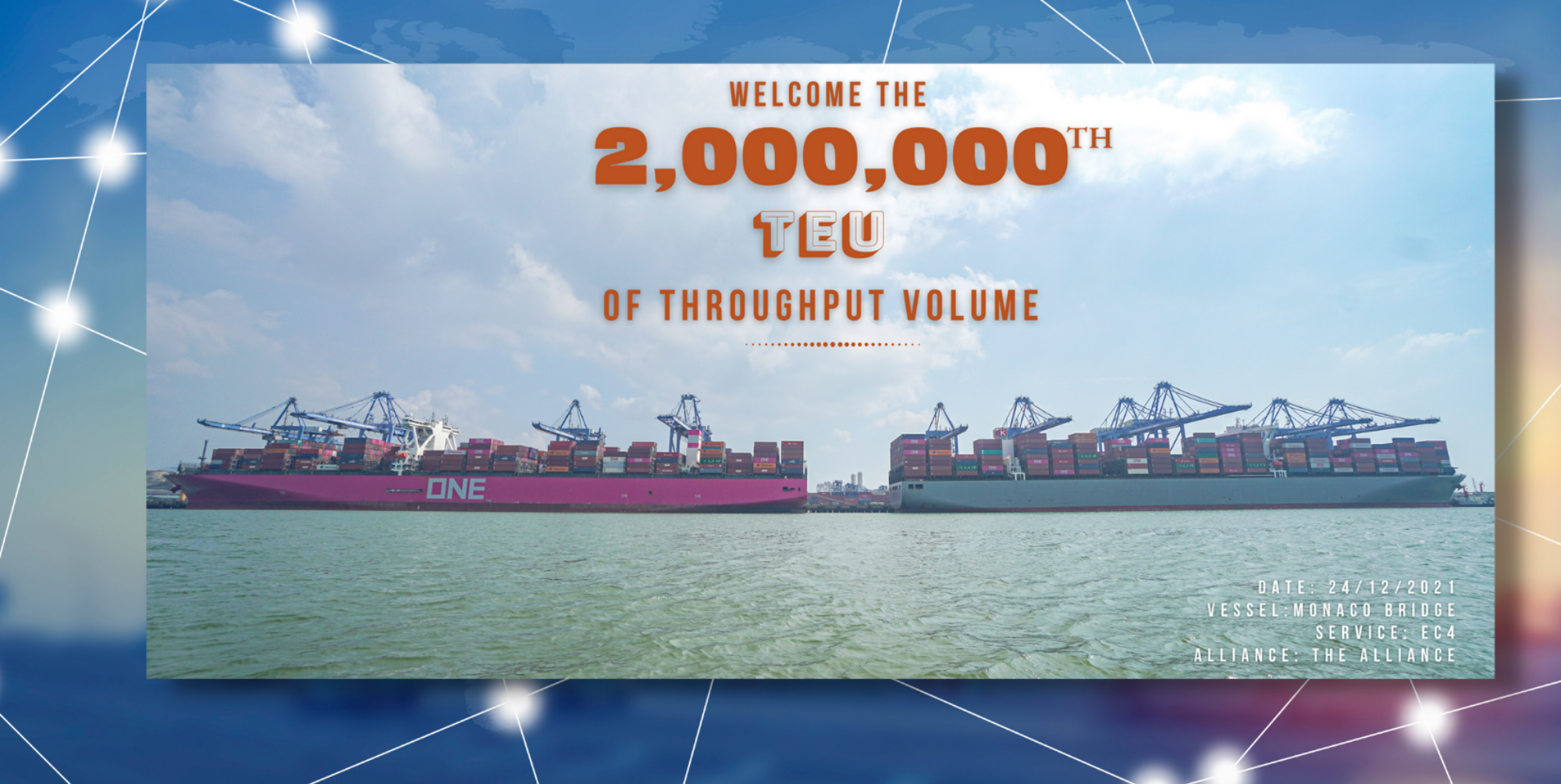
.png)

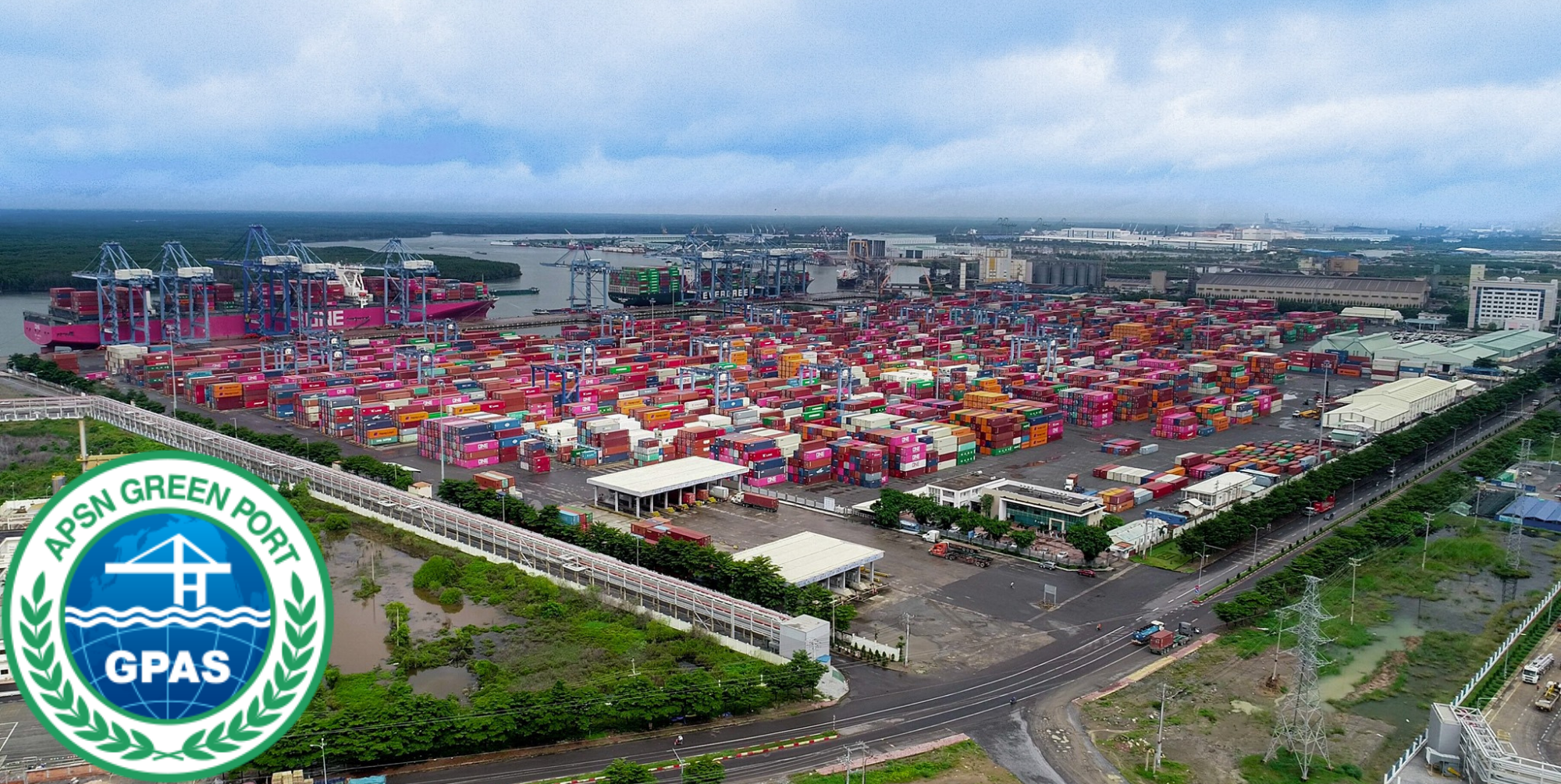

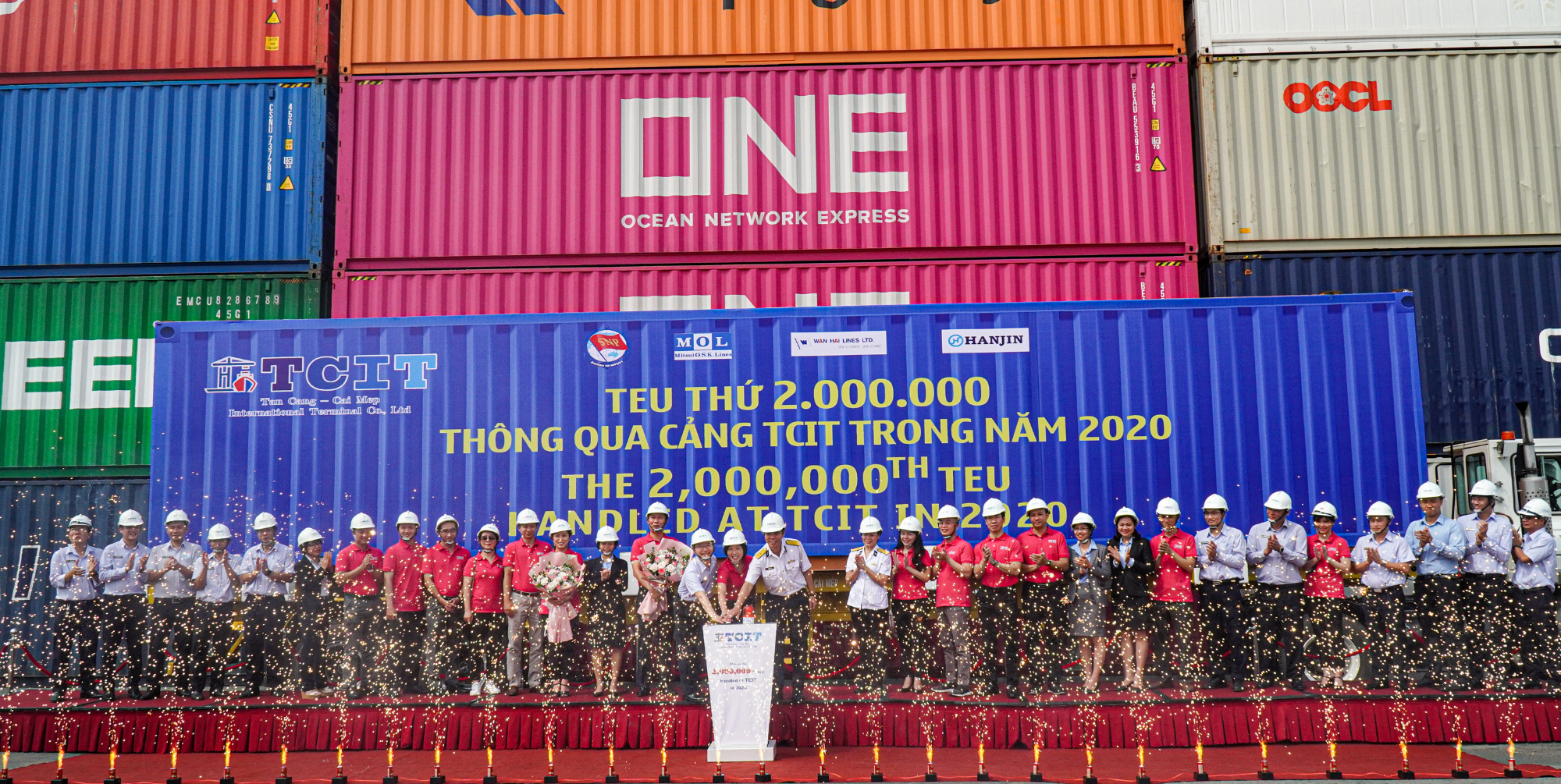
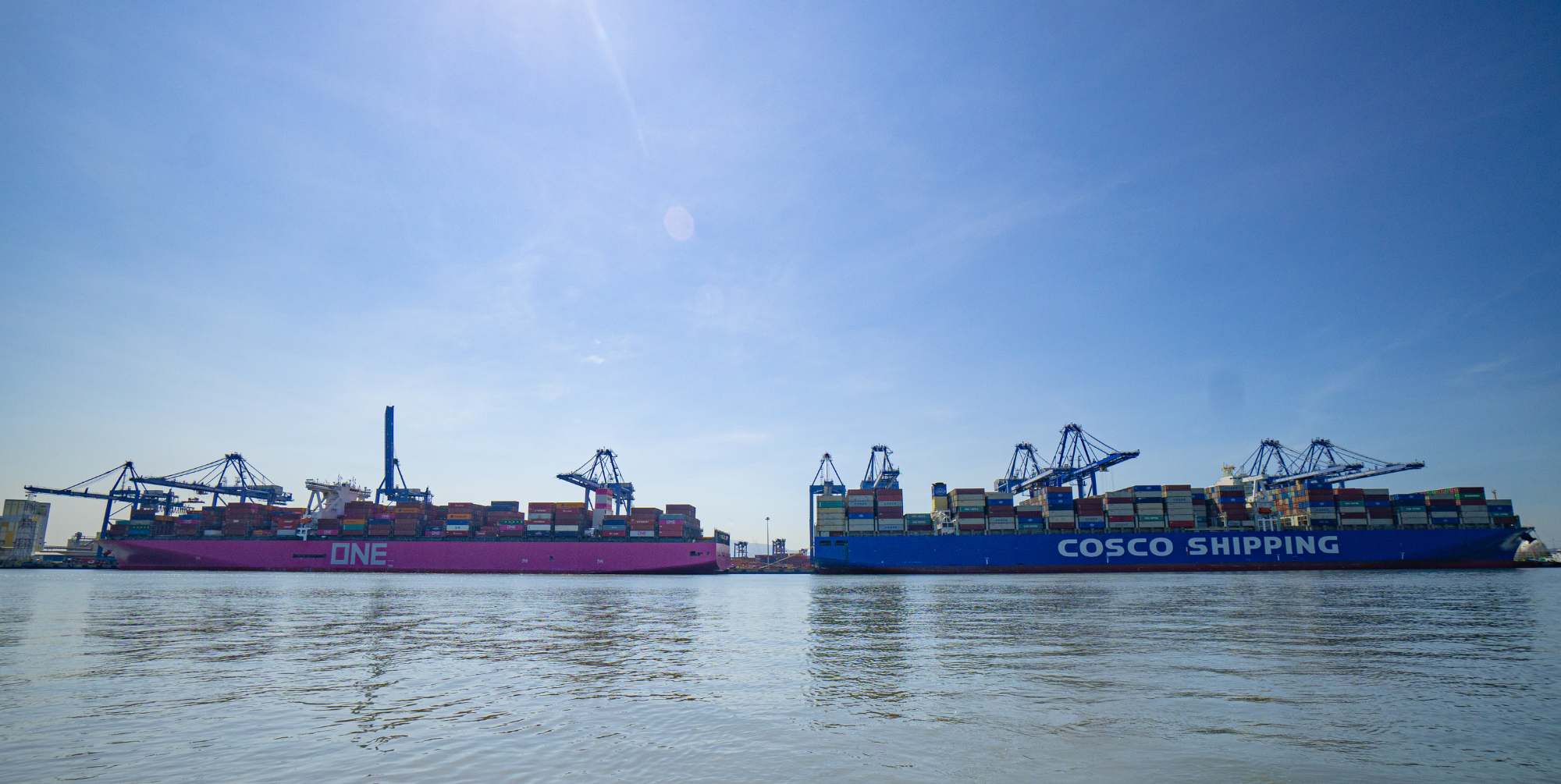
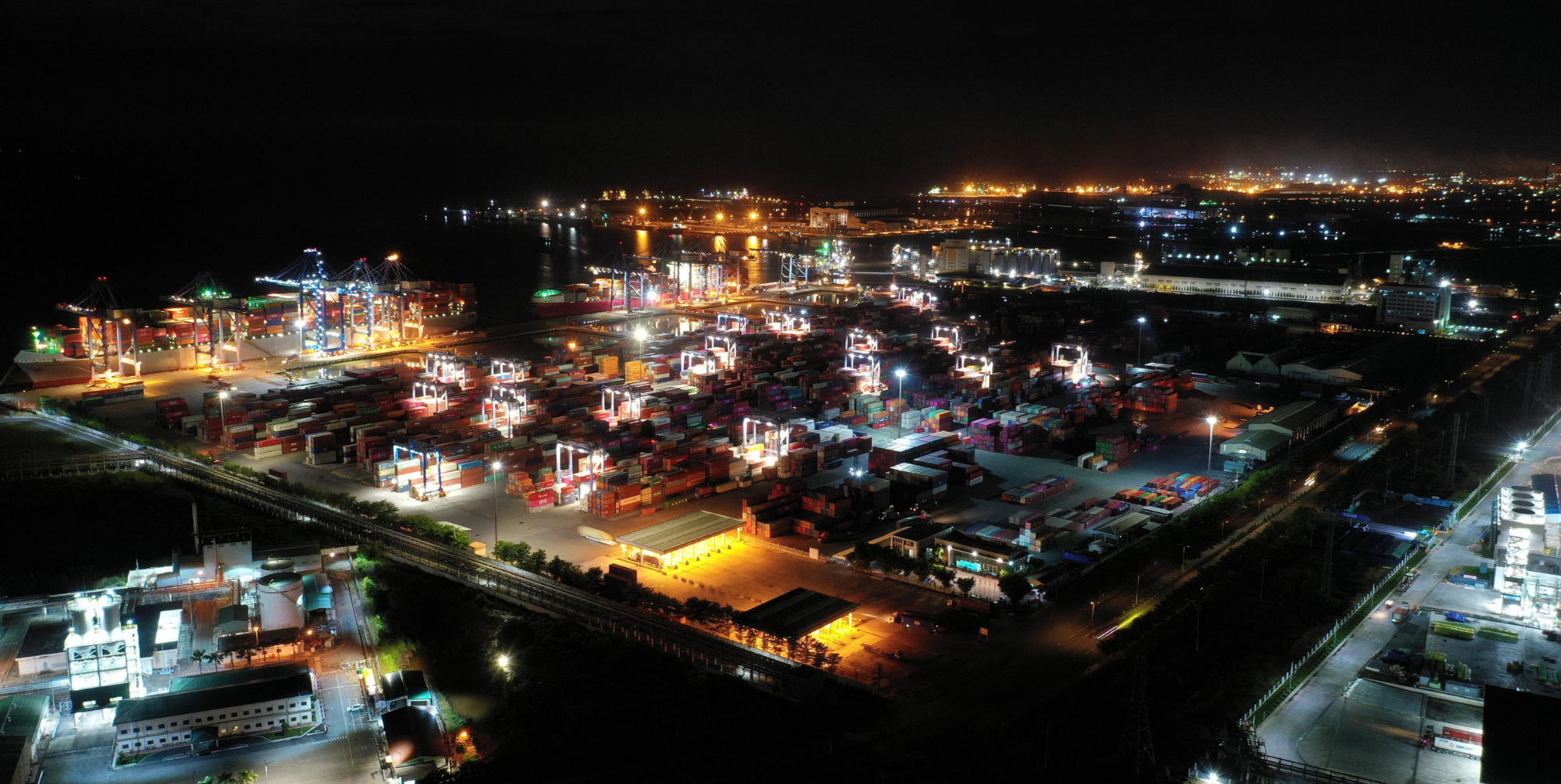
.jpg)
